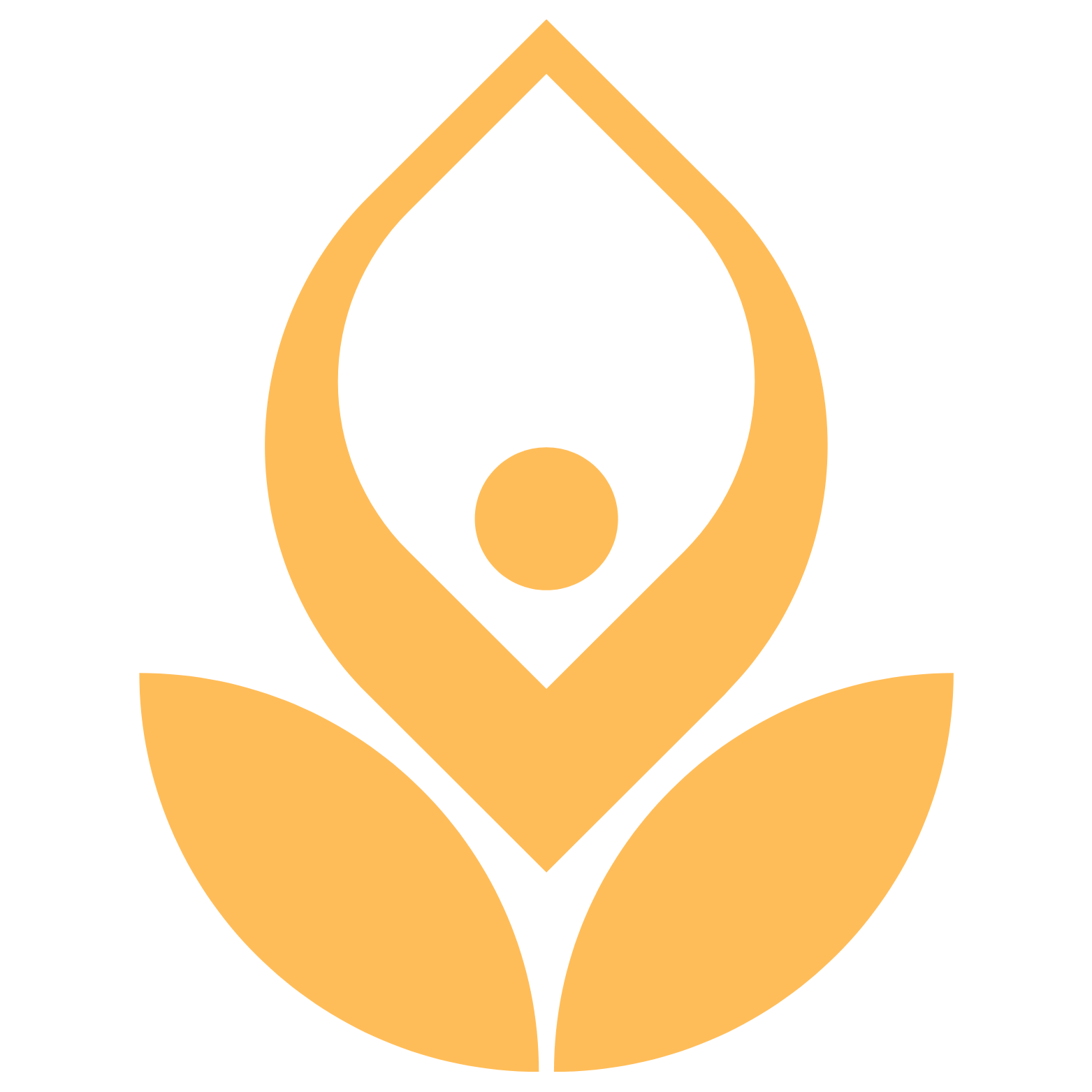Welcome back to the How We Can Heal Podcast!
Season 5 is coming April 14th With new episodes dropping every Monday. You've probably heard the saying, "time heals all wounds," and while healing often does take time, there are other elements and skills that can support the process.
This season we'll focus on those moments, choices, and approaches that help us choose and experience healing. In addition to highlighting the voices of stellar clinicians and mental health professionals this season, you'll also hear personal journeys of healing and how different people at very different times in life found their way through the most challenging circumstances and fostered healing through intentional choices and moments of connection.
I also want you to know that you're officially listening to an award-winning podcast now! Last month at the International Society for the Study of Trauma and Dissociation annual conference in Boston, Massachusetts How We Can Heal was awarded the Audio Visual Media award. It's such an honor for the podcast to be recognized in this way, and I wanna thank the organization its members, as well as all of the guests on this podcast – and YOU listening right now.
It's wonderful to know that these conversations are resonating, and I so love hearing from you. So keep posting comments on YouTube, reviews on Apple and Spotify and wherever you're listening right now, and I encourage you to reach out, email your thoughts, questions and ideas to me at info at howwecanheal.com.
In season 4, we started with Dr. Ruth Lanius talking about deep brain reorienting & wrapped with Dr. Jennifer Gomez talking about healing cultural betrayal for Black women and girls. We also had Dr. Donna Hicks on the show to talk about leading and healing with dignity – so relevant right now, definitely go back & listen in if you haven't heard that one yet. And we had Dan Shaw talking about traumatizing narcissists, as well as Dr. Lauren Lebois describing recent fMRI studies on trauma and dissociation.
This season will kick off with Dr. Frank Corrigan, creator of Deep Brain Reorienting. He'll share, in his own sweet Scottish words, how DBR is different from many popular approaches to trauma recovery and how clients have responded to this unique treatment. From there, I'll be highlighting a few friends and legends in the ultramarathon community. So you'll get to hear the various ways these people have found healing on the trail. Spoiler alert, it isn't all about running - there's so much more!
I'll also be highlighting folks this season who support mothers and parents in unique and embodied ways. After exploring these personal journeys, we'll wrap with some more icons in the field of trauma and recovery. So we pay tribute to folks who are trailblazing from a research and clinical perspective, as well as those with their feet on the ground – or hands in the diaper pail as it may be.
I'm so looking forward to sharing the season with you. Drop me a line at info at howwecanheal.com and let me know what you're looking forward to. I'll see you there and I'll see you next week for episode one of Season five of the How We Can Heal Podcast.
Till then!



Comments are closed